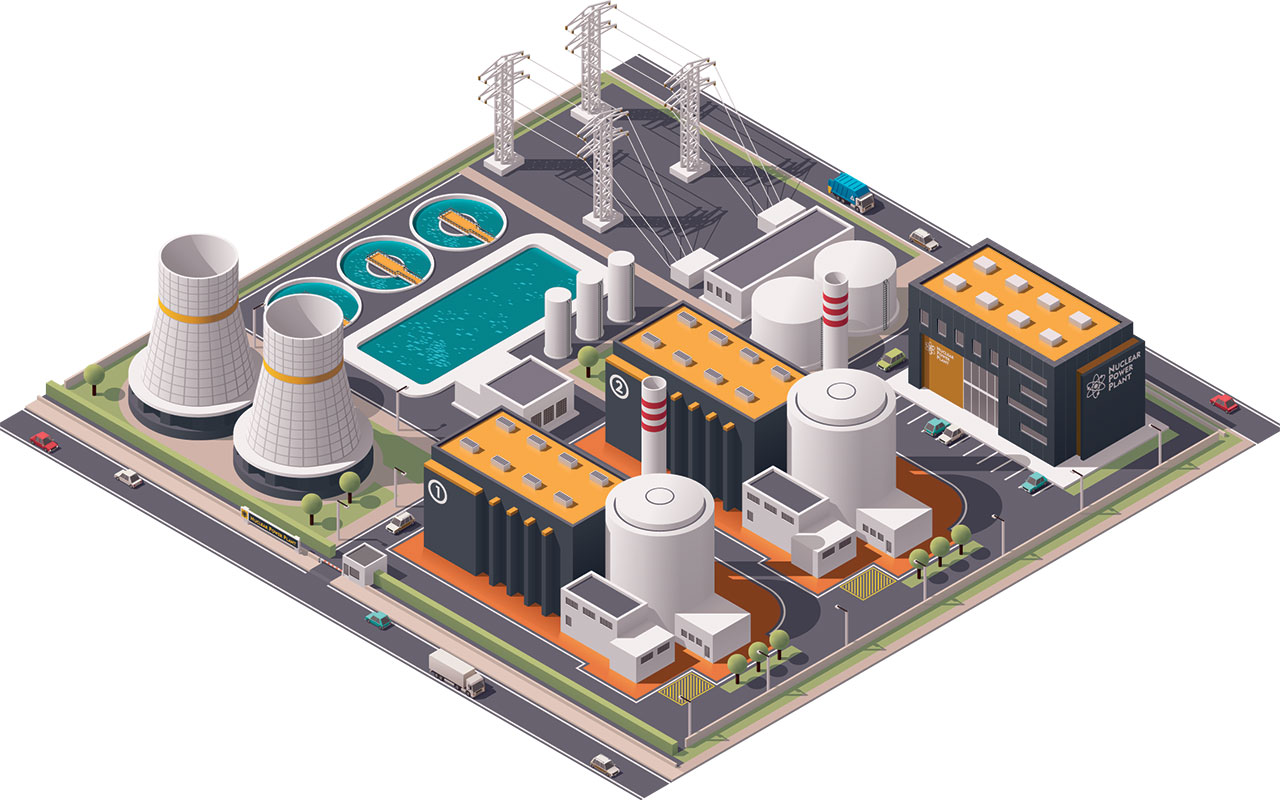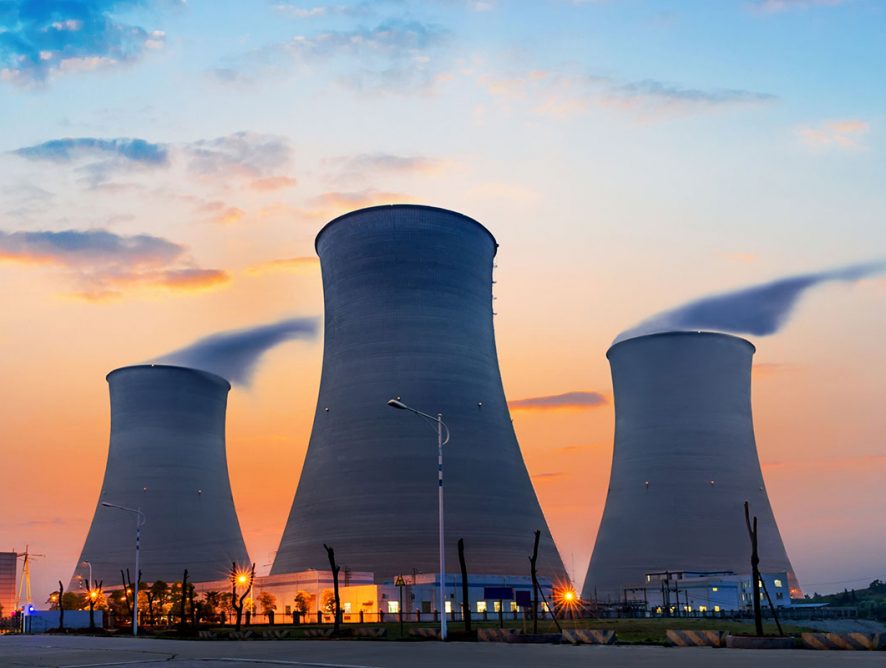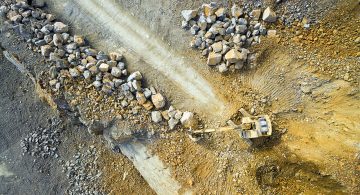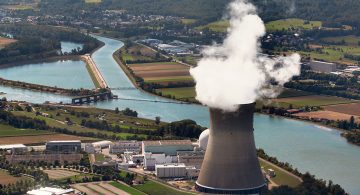Estonia will have its own nuclear power plant
According to ERP AntoRaukas, an Estonian academician, chief executive of the local magazine “Flaming shale” and PhD, calls on the community to build its own NPP in Estonia. The scientist is convinced that in the absence of its own source of nuclear power, Estonia will be a very weak and vulnerable country, as soon as it will have to buy electricity from other countries and the first candidate for such a role will be Russia, with which Estonia has not the most nurturing relationship.
Raukas is convinced that the purchase of electricity itself does not cause any problems, but it is possible to buy it only in Russia, as all other neighbors of Estonia, except Sweden, suffer from the energy crisis, consuming more electricity than they can produce.
When will Estonia have its own NPP?
Today, the main source of energetics in Estonia is shale, in addition, the volume of electricity generated by green methods is constantly growing, but according to the academician soon this situation can to change much. He is convinced that in the future China and India will experience a fertility boom, which will require more energy, and as a result will increase energy prices around the world.
Already, sub-Saharan Africa is experiencing an increase in fertility and a surge in demand for electricity. All this is complicated by the wrong energy policy of the EU – for example, the fight against nuclear power sources and the excessive development of renewable energy sources, which suffers the quality of electrical systems, says Raukas.
He believes that Estonia could implement a project to build its own nuclear power plant together with neighboring Finland. In addition to cheap electricity, the new station would give thousands of jobs for construction workers and 600 jobs for engineers and other nuclear power workers.
At this stage, only Russia, France and the United States have nuclear power, it has been noticed in China recently.

The unqualified leader in the world nuclear energy market is the state enterprise Rosatom, which has been developing at a frantic pace in the last decade. It has huge reserves of uranium (the second place in the world), actively mining it and it is in the fourth place in electricity production. Moreover, Rosatom produces 40% of the world’s enriched uranium and about 17% of all nuclear fuel.
The extravagant attacks of Raukas may seem to the community not entirely relevant to reality, but in fact the picture is not the most rainbows for the Baltic countries. The Russian Federation occupies a leading position in almost all spheres of energy, in addition to green industries, so countries should look for options for diversification, so as not to depend on a single power source. As for green energy, despite all the efforts of European countries, so far this segment is not sufficiently developed to provide electricity to a sufficient number of residents and industrial objects.



